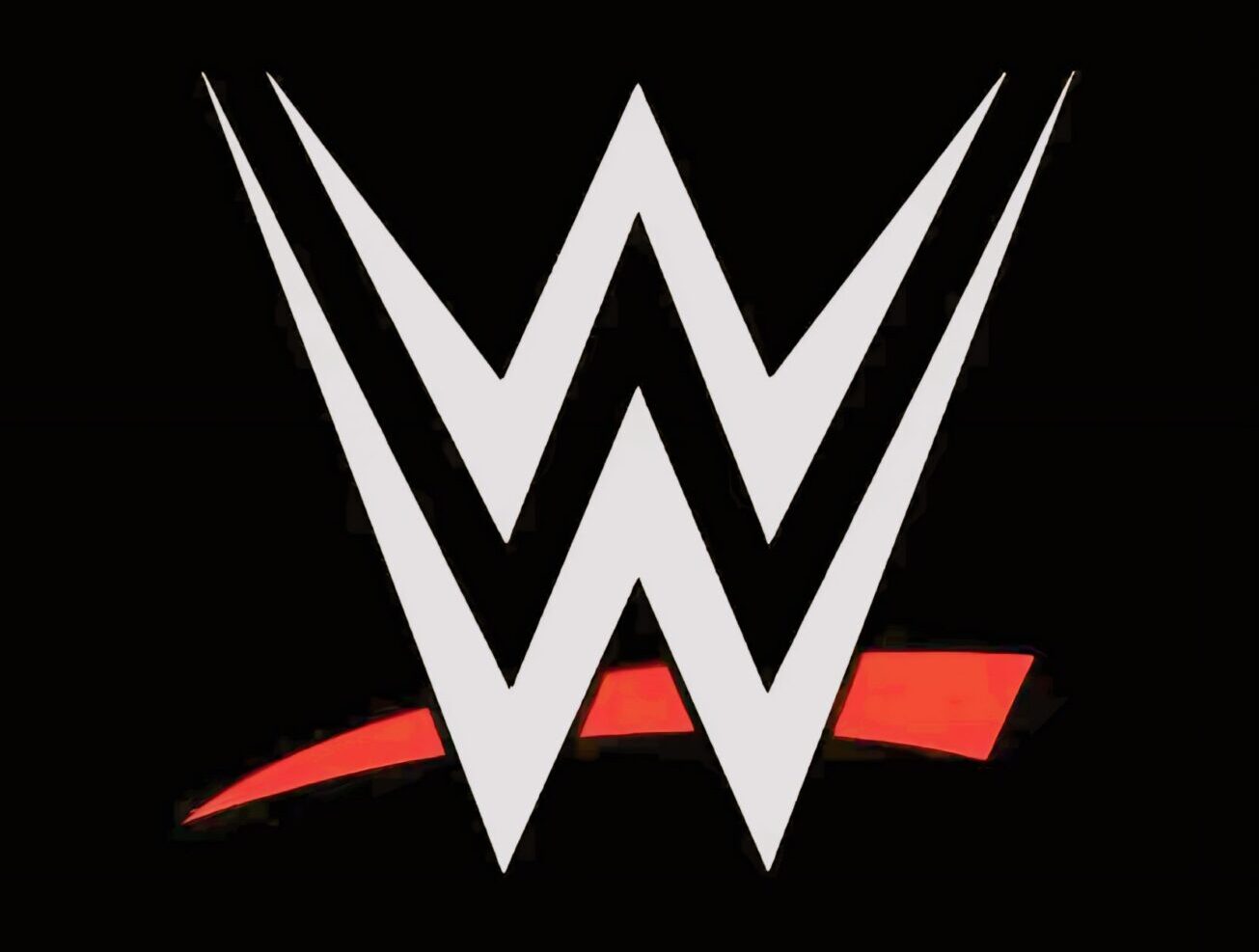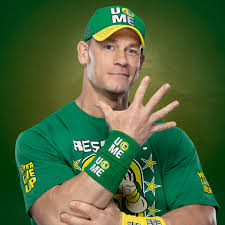Who Owns WWE? An In-Depth Look
WWE, or World Wrestling Entertainment, is one of the most recognizable brands in sports entertainment. Understanding who owns WWE involves exploring its history, key stakeholders, and current ownership structure. Below, we break down the ownership of WWE in a detailed table format, including external links for further reading.
Ownership Overview of WWE
| Ownership Aspect | Details | External Links |
|---|---|---|
| Founding and History | WWE was founded in 1953 as Capitol Wrestling Corporation by Vince McMahon Sr. It evolved into the WWE we know today under Vince McMahon Jr. | WWE History |
| Current Majority Owner | Vince McMahon (as of 2023, following his return) owns approximately 38% of WWE’s shares. | Forbes – Vince McMahon |
| Publicly Traded Company | WWE trades on the New York Stock Exchange under the ticker symbol “WWE”. | NYSE – WWE |
| Key Shareholders | Other significant shareholders include institutional investors and mutual funds. | Yahoo Finance – WWE |
| Leadership Team | The leadership team includes CEO Nick Khan, President & Chief Content Officer, Paul “Triple H” Levesque, and others. | WWE Executive Team |
| Recent Developments | WWE has gone through various changes, including mergers, acquisitions, and shifts in management. In 2023, WWE merged with UFC under the parent company Endeavor Group Holdings. | Endeavor Group |
| Global Influence | WWE has a significant global presence, with television deals and events in various countries, enhancing its ownership value. | WWE Global |
Detailed Breakdown of WWE Ownership
- Vince McMahon
- After stepping down in 2022 due to allegations of misconduct, Vince McMahon returned in early 2023. He is a central figure in WWE’s history and retains significant influence over its operations.
- Endeavor Group Holdings
- In 2023, Endeavor Group, which also owns UFC, acquired a controlling interest in WWE, forming a new entity that combines both organizations. This merger enhances WWE’s reach and resources.
- Public Shareholders
- Being a publicly traded company, WWE’s ownership is shared among numerous institutional investors, mutual funds, and retail investors. This structure allows for broader participation in WWE’s success.
Future Considerations
The ownership landscape of WWE may continue to evolve with ongoing market dynamics, potential new partnerships, and shifts in management. Fans and investors alike are keenly interested in how these changes might affect WWE’s brand and business strategies Techucatehub.
Conclusion
WWE’s ownership is a complex tapestry woven from its rich history, influential leaders, and the impacts of being a publicly traded company. For fans, understanding who owns WWE enhances appreciation for the business side of this global entertainment phenomenon.
For those looking to dive deeper, the provided links offer extensive information on various aspects of WWE’s ownership and management.
Read More: Network Adapter Error 10

